In December 2011, President Obama published a trailblazing memorandum vowing to apply U.S. power to create safety for LGBT people oppressed and endangered around the world. Among the key means: securing LGBT refugees' access to the U.S. refugee system. This venerable goal is eluding us.
As the president delivers his final State of the Union address tonight, the perils facing LGBT people in many countries around the world have never been so dire.
Never have so many LGBT people been so viciously targeted by state and nonstate actors in so many countries. Never before have leaders outside the U.S. used LGBT issues for political gain with such ease. And far from gaining access to refugee systems, the few LGBT people who escape carnage in their countries are unable to access the fortress of international refugee protection or the U.S. Refugee Admissions Program.
Several months ago, U.S. Ambassador to the United Nations Samantha Power shocked the world when she revealed that of the 70,000 refugees the U.S. took in during 2014, fewer than 100 were LGBT. The numbers for 2015 will not be better.
Without a solution, LGBT people will continue to be executed in places like Syria, where the bloodthirsty Islamic State terrorist group and the masses alike execute accused gays in the name of piety.
With so much goodwill and commitment on the president's part, something is terribly wrong. Without a firm understanding of how and why LGBT refugees access -- and are locked out of -- refugee systems, the State Department, which runs our country's refugee program, has been faltering at efforts to improve the dismal picture, using methods that have been tried and have failed.
But there is a way. The U.S. certainly can admit vastly more LGBT refugees.
LGBT refugees face insurmountable barriers accessing protection, as self-disclosure puts them in mortal danger. We've all heard the countless horrifying stories of innocent people being thrown from buildings simply because they are accused of being gay. Yet receiving protection requires revealing their identity.
To begin creating access routes, the State Department must work much more closely with LGBT organizations already in the field. To create a sliver of trust and safety in such treacherous territory, refugee professionals must not only have extraordinary expertise and sensitivity, they must also embody the message they utter.
The humanitarian community understands that a female survivor of rape should not be expected to tell her true story to anyone but another woman. Yet LGBT refugees are expected to blithely allow ostensibly heterosexual adjudicators into the most difficult vaults of their personal lives.
A rainbow flag and a concerned look are a good start. But for an LGBT refugee escaping certain death after being hounded by decades of external and internal homophobia, these gestures are not nearly enough. To collect the courage to come out -- even in order to save their own lives -- most refugees need to derive strength and solace from other LGBT people. Yet in most places, this essential touchstone is nowhere to be seen.
In a recent informal survey of Gaziantep, Turkey, the ground zero refugee city housing 220,000 Syrians, I found not a single "out" LGBT refugee. Not surprisingly, of the thousands of nongovernmental organization workers in that border city, not one refugee worker is "out." If well-protected refugee agency staff will not dare come out of their comfort zone to colleagues, how can we possibly expect a powerless LGBT refugee to expose this most private and lethal vulnerability to a stranger?
Many refugees have paid with their lives to safeguard their secret sexual orientation or gender identity. We cannot bring them back. But we can spare those now clamoring for dear life in hundreds of places like Gaziantep.
The president's bold call for increasing the Syrian refugee quota by 10,000 slots is commendable. Employing and protecting openly LGBT staff and partnering closely with openly LGBT groups is the key to creating system access for LGBT refugees. We ask that the Obama administration take these essential steps to fulfill the wise objectives originally set out by the president in 2011.
 NEIL GRUNGRAS is the founder and executive director of the Organization for Refuge, Asylum, and Migration, an international nonprofit devoted to advocating on behalf of the world's most vulnerable refugees and asylum-seekers, including those fleeing persecution based on their sexual orientation and/or gender identity.
NEIL GRUNGRAS is the founder and executive director of the Organization for Refuge, Asylum, and Migration, an international nonprofit devoted to advocating on behalf of the world's most vulnerable refugees and asylum-seekers, including those fleeing persecution based on their sexual orientation and/or gender identity.
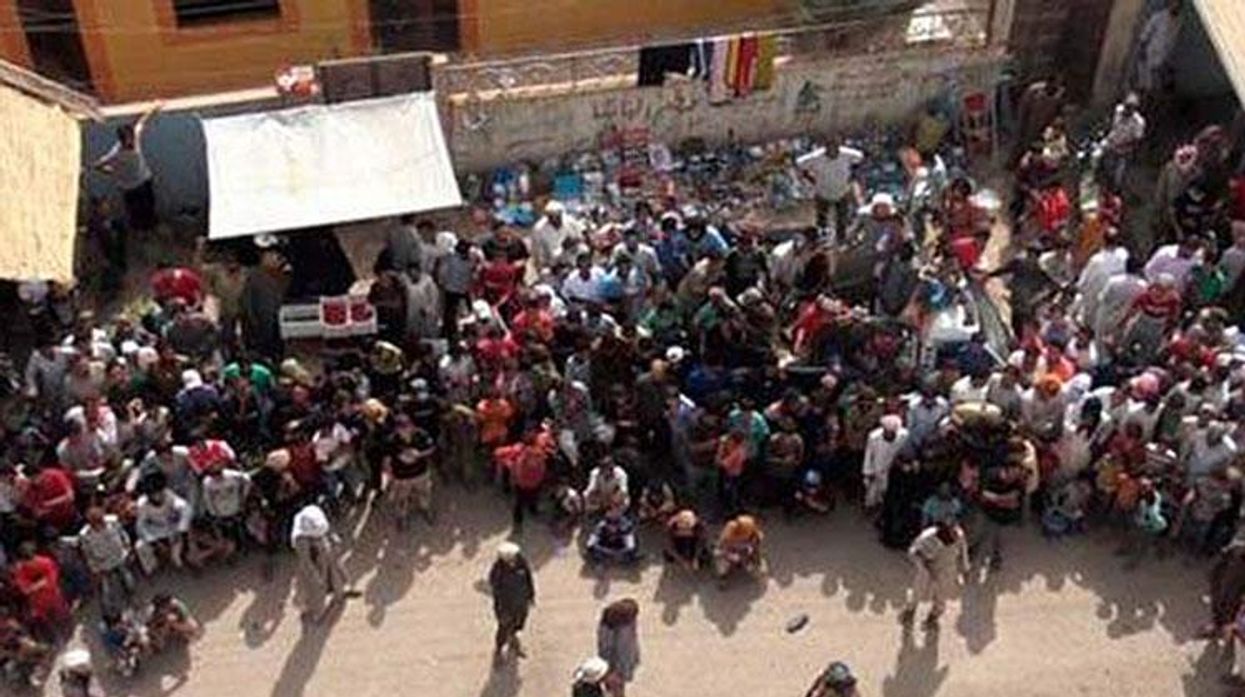

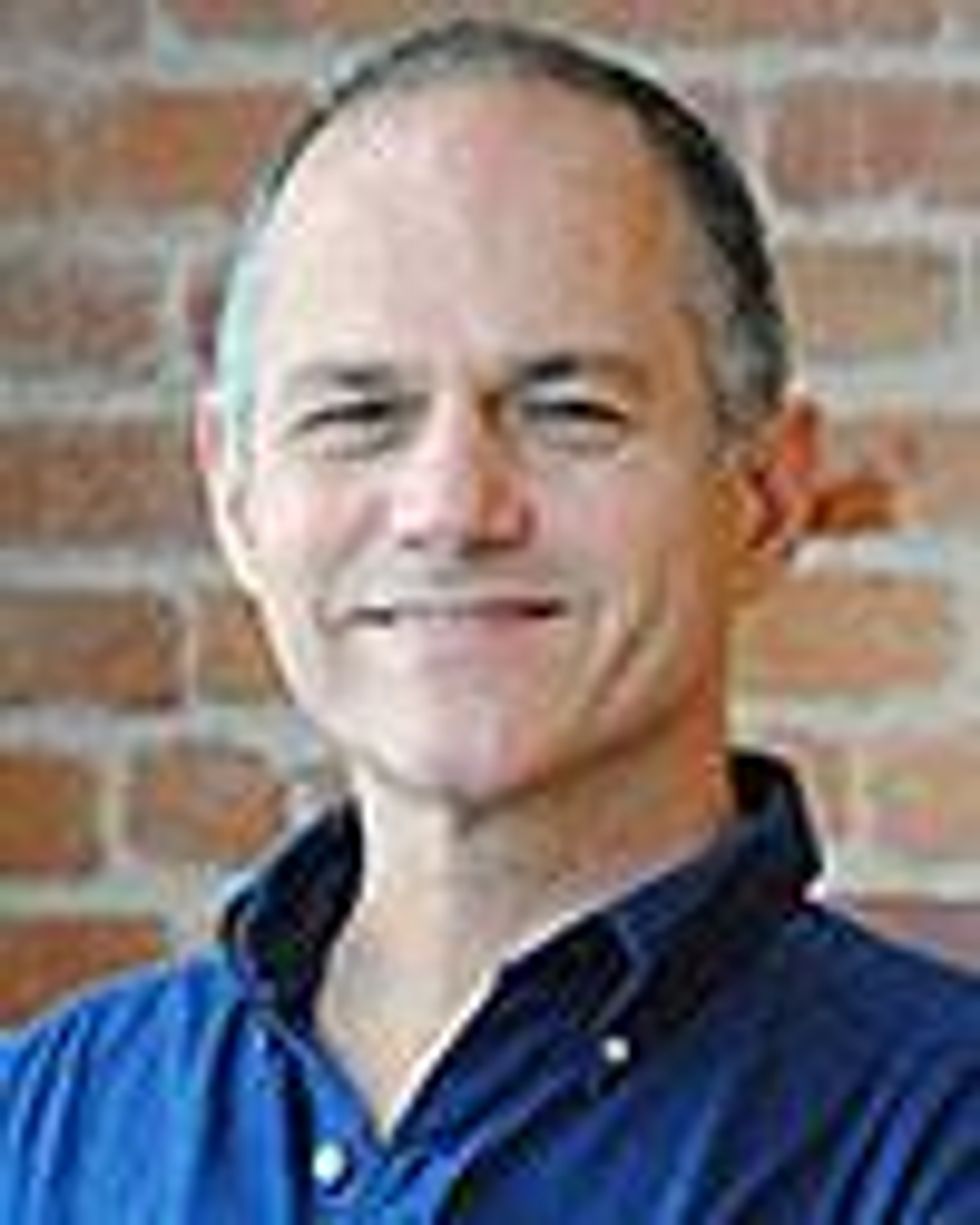 NEIL GRUNGRAS is the founder and executive director of the
NEIL GRUNGRAS is the founder and executive director of the 





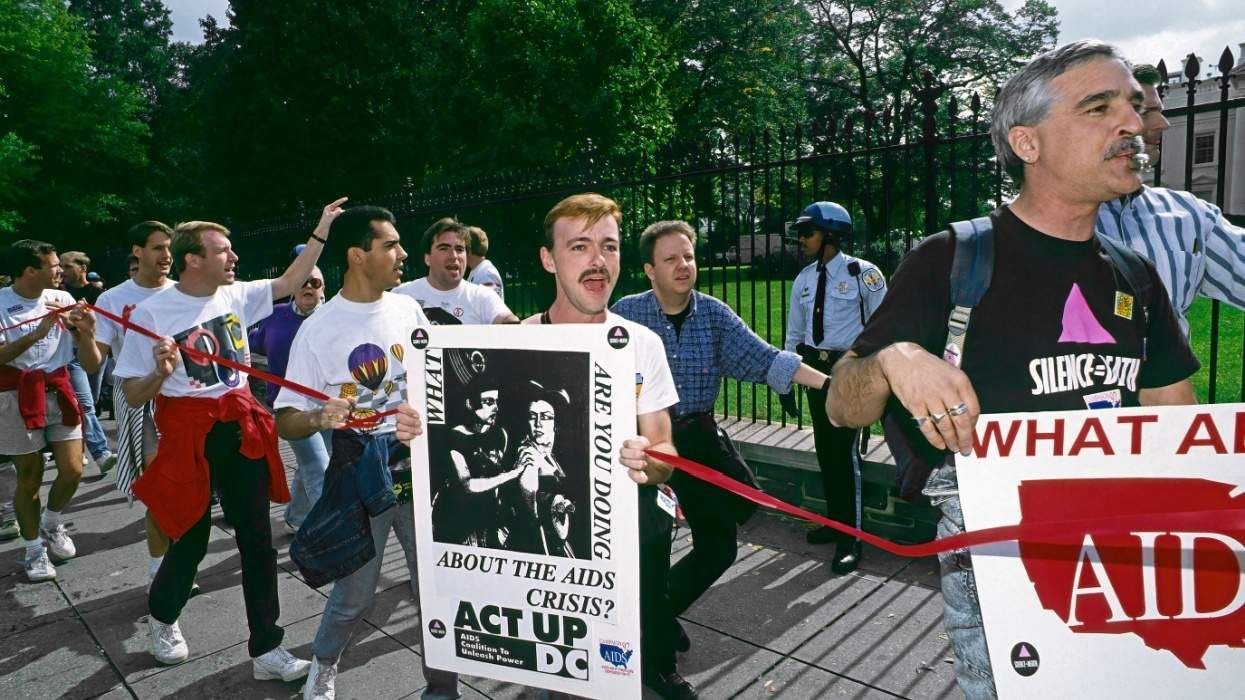
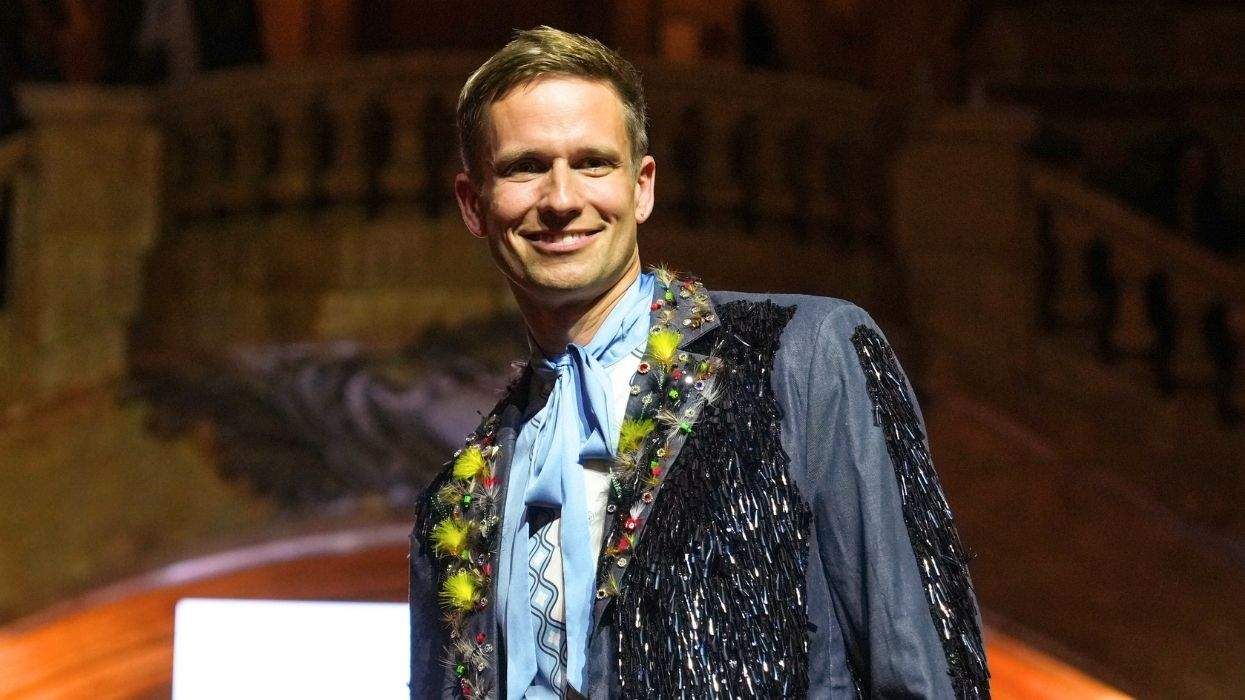
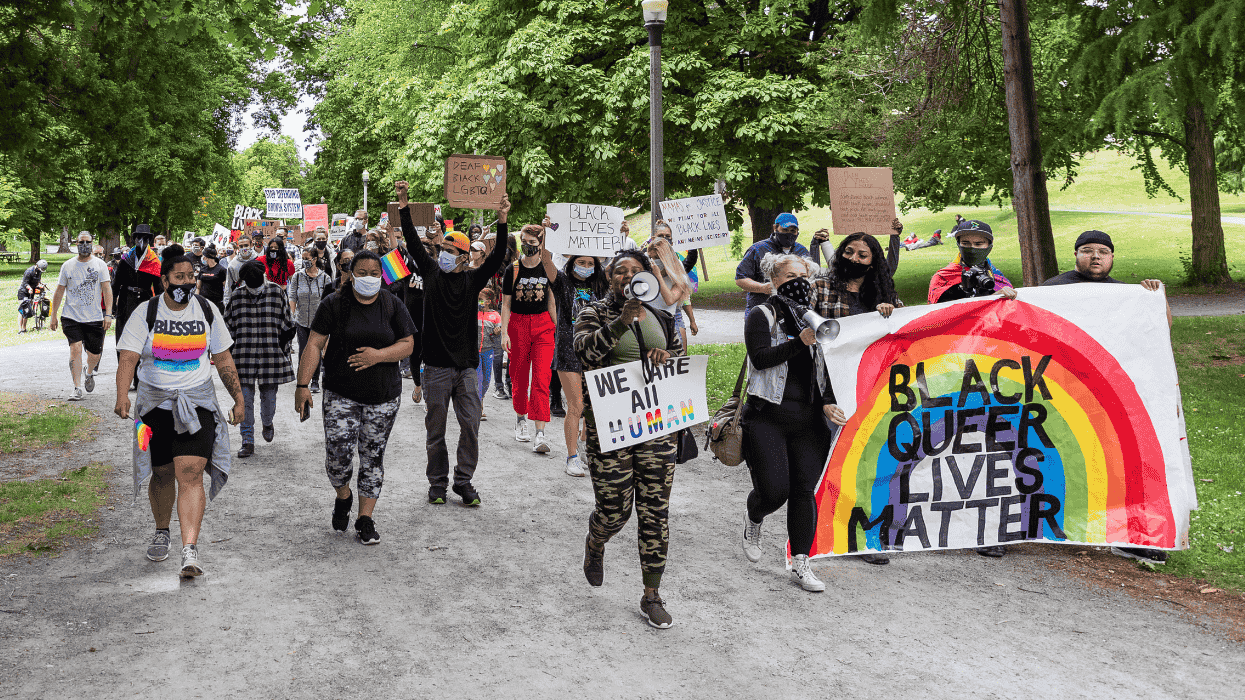
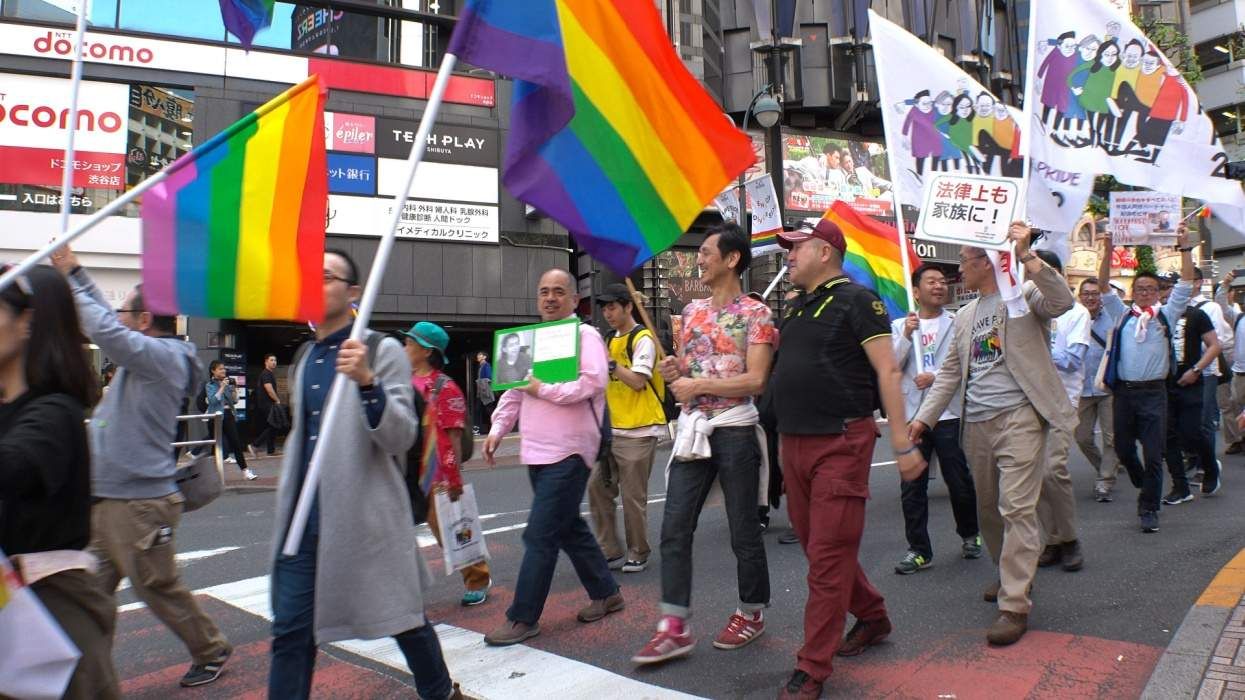


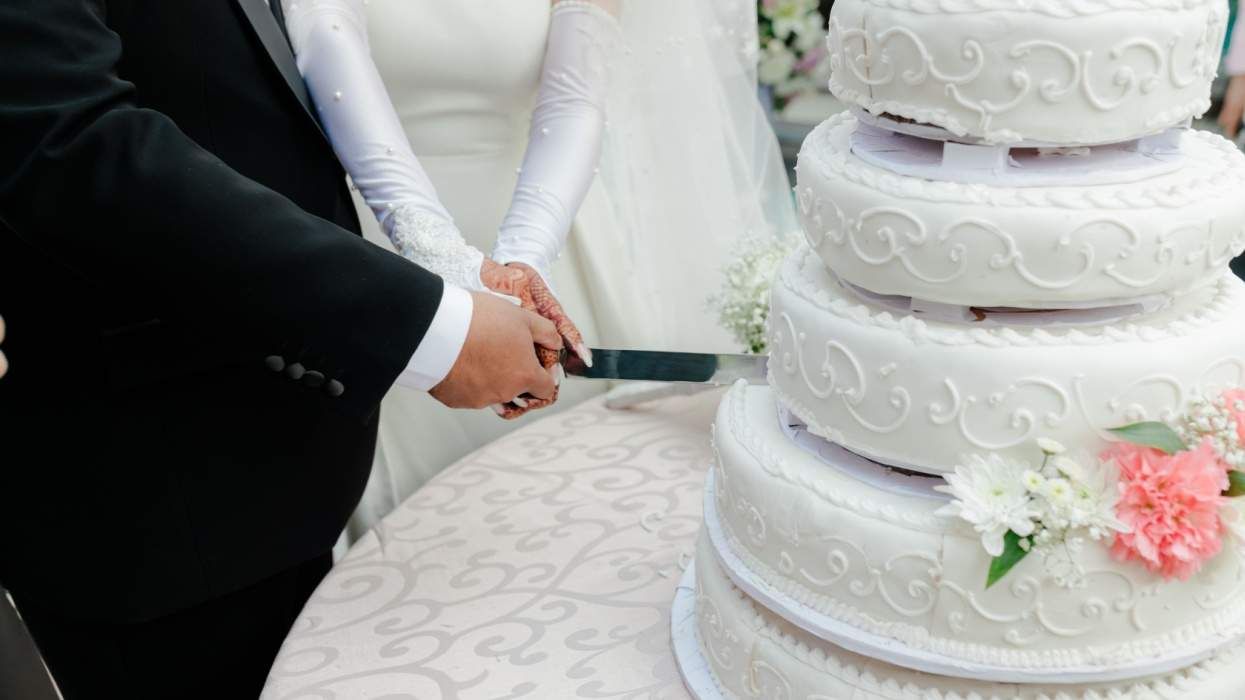
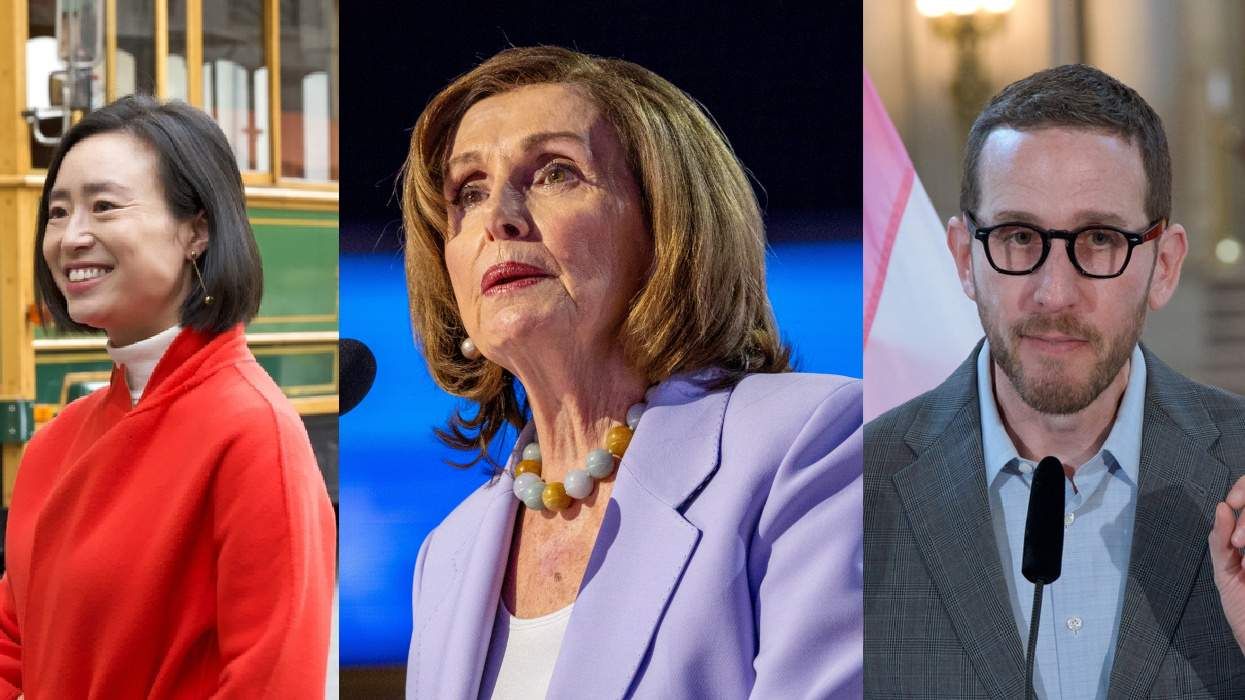
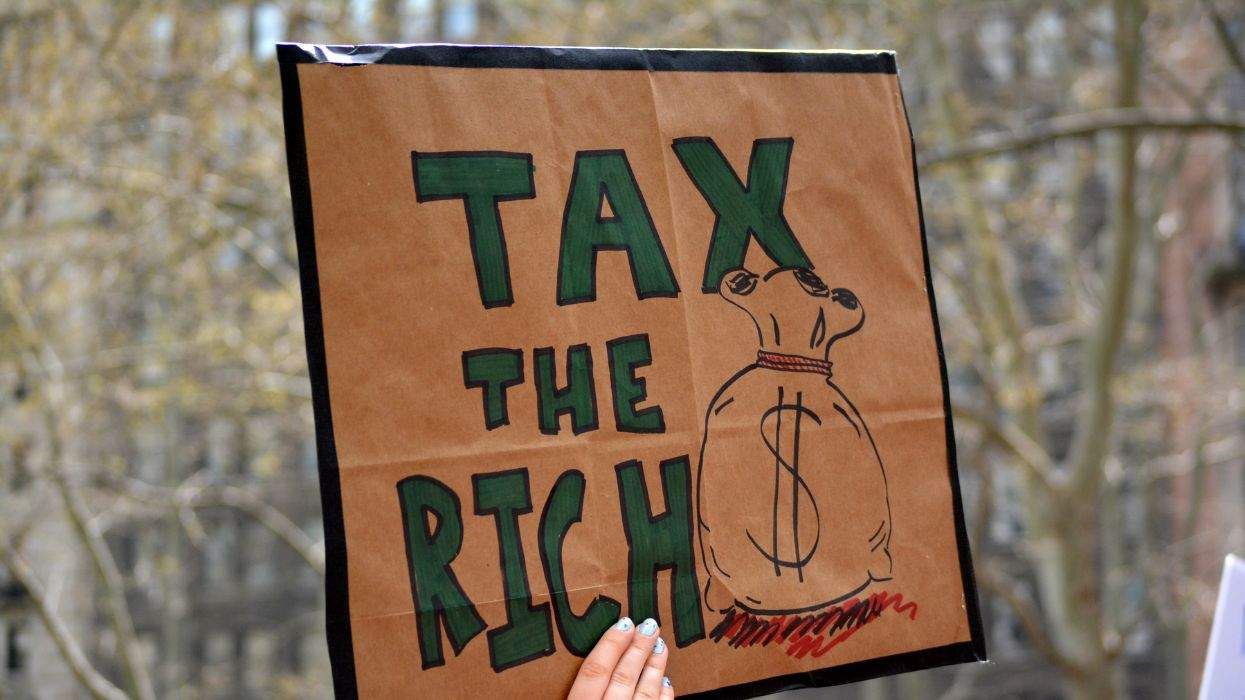
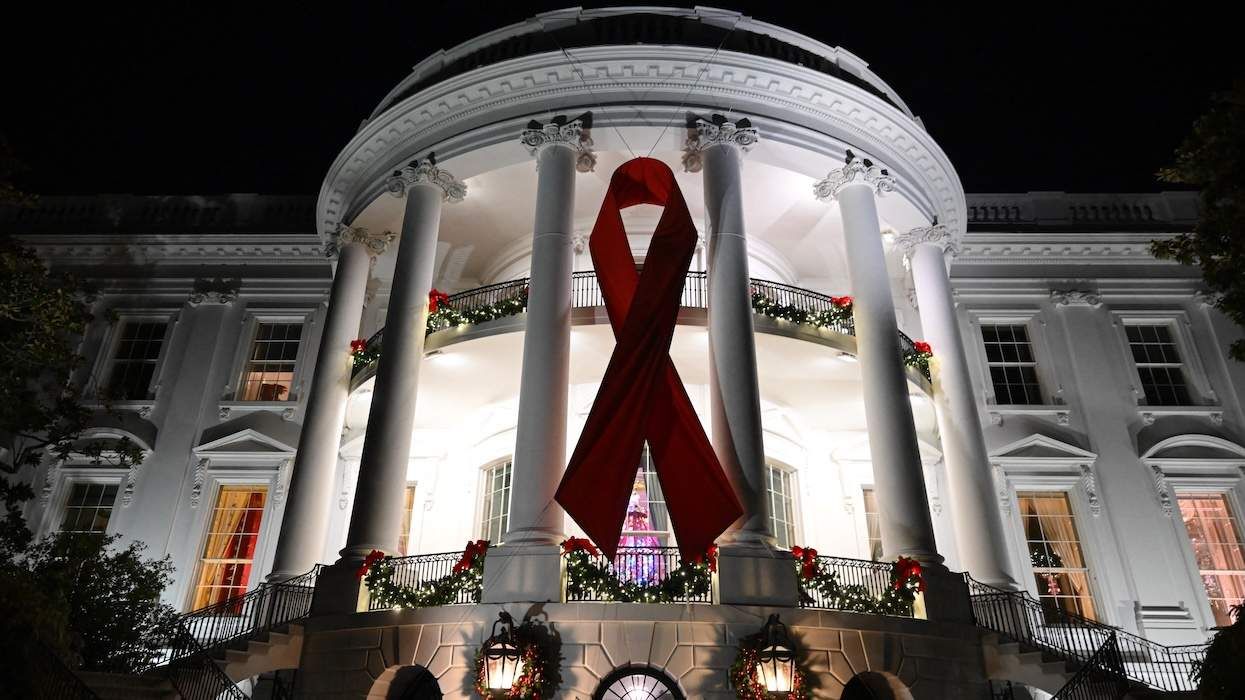
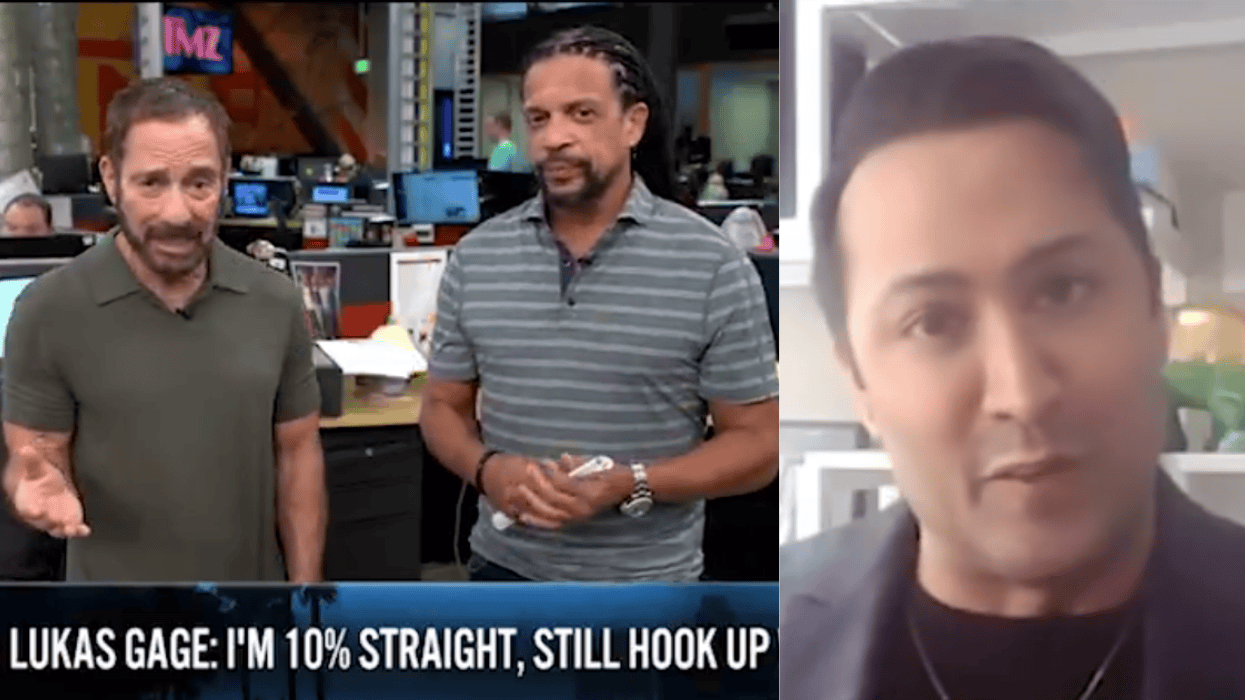
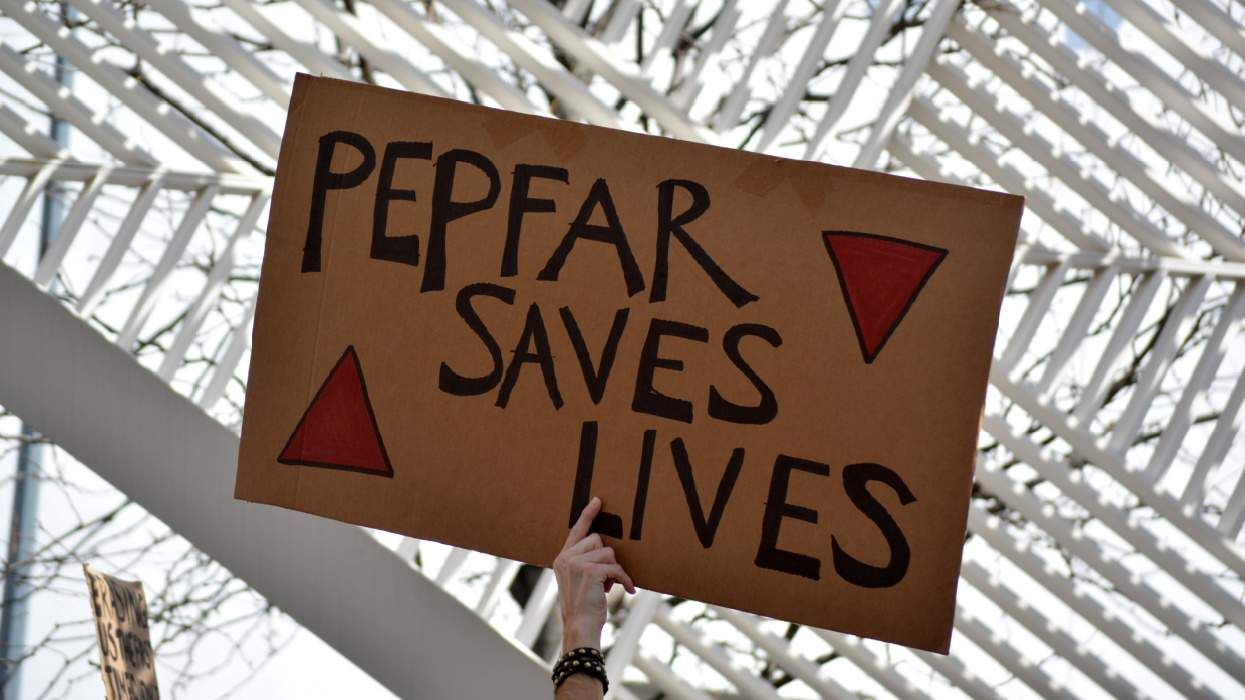
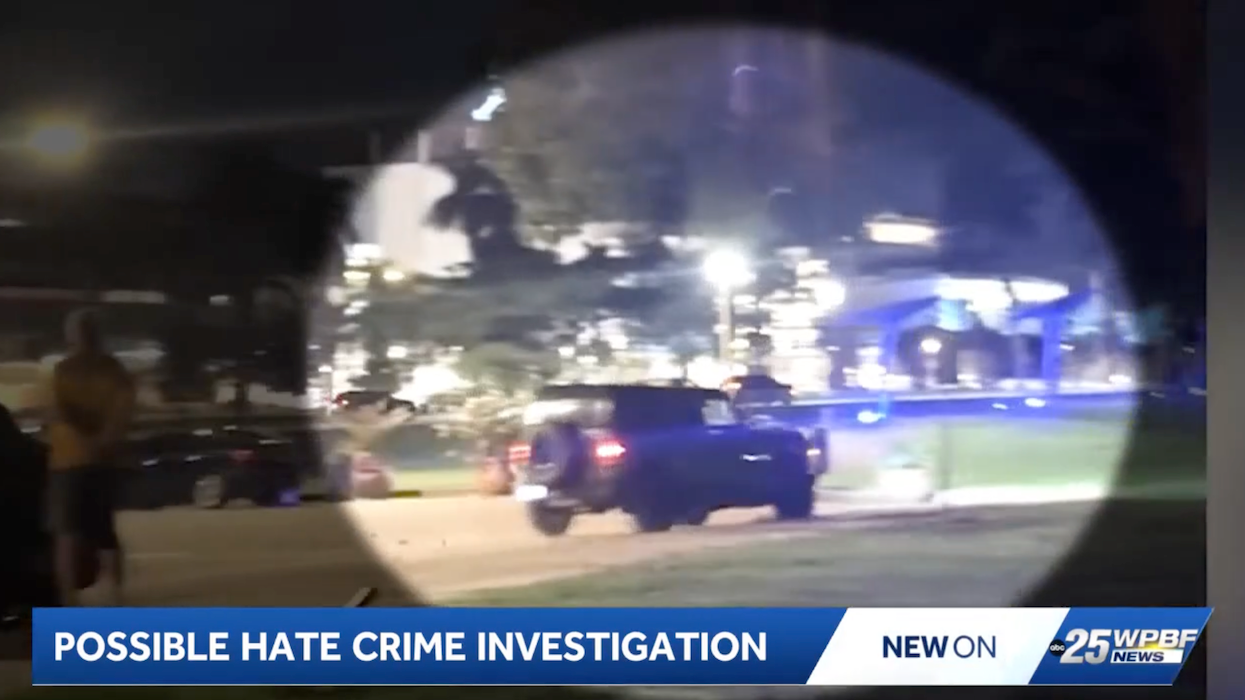
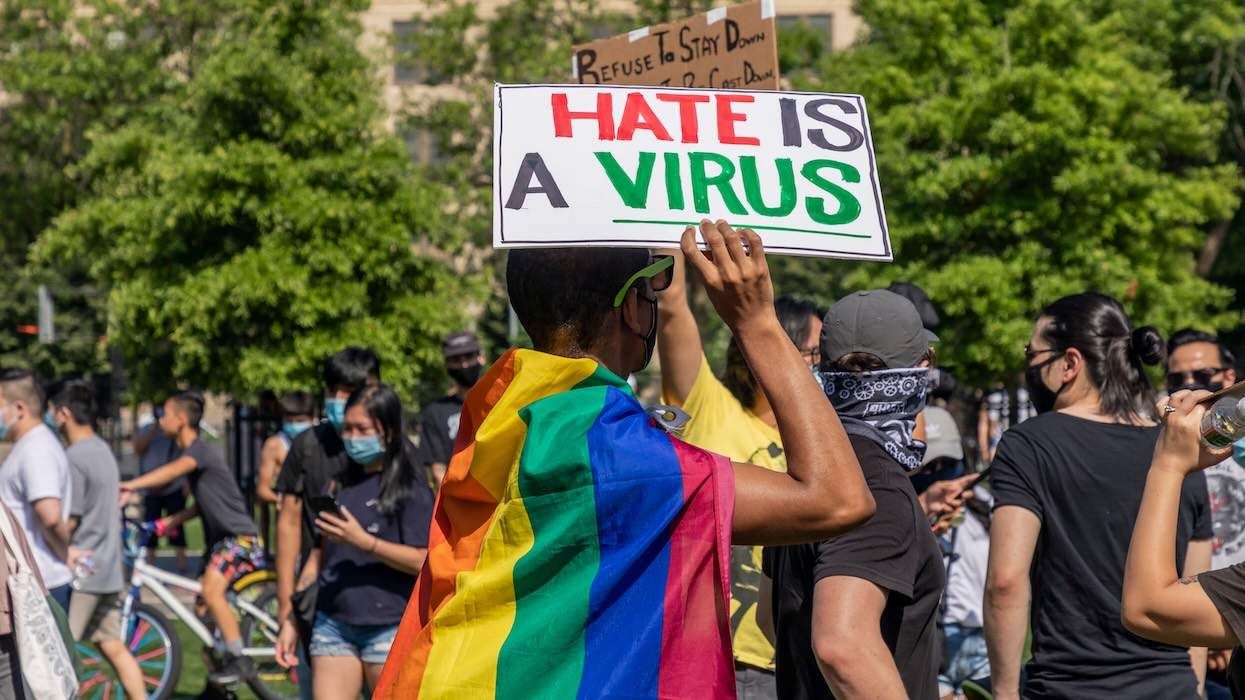
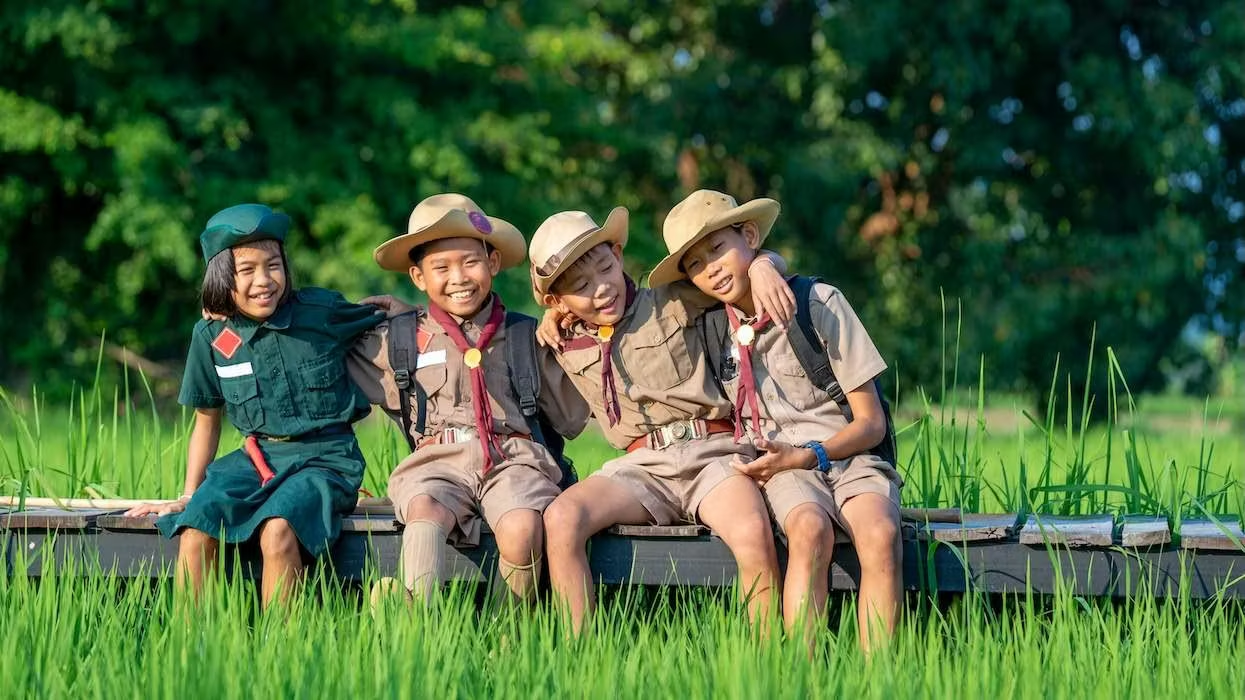


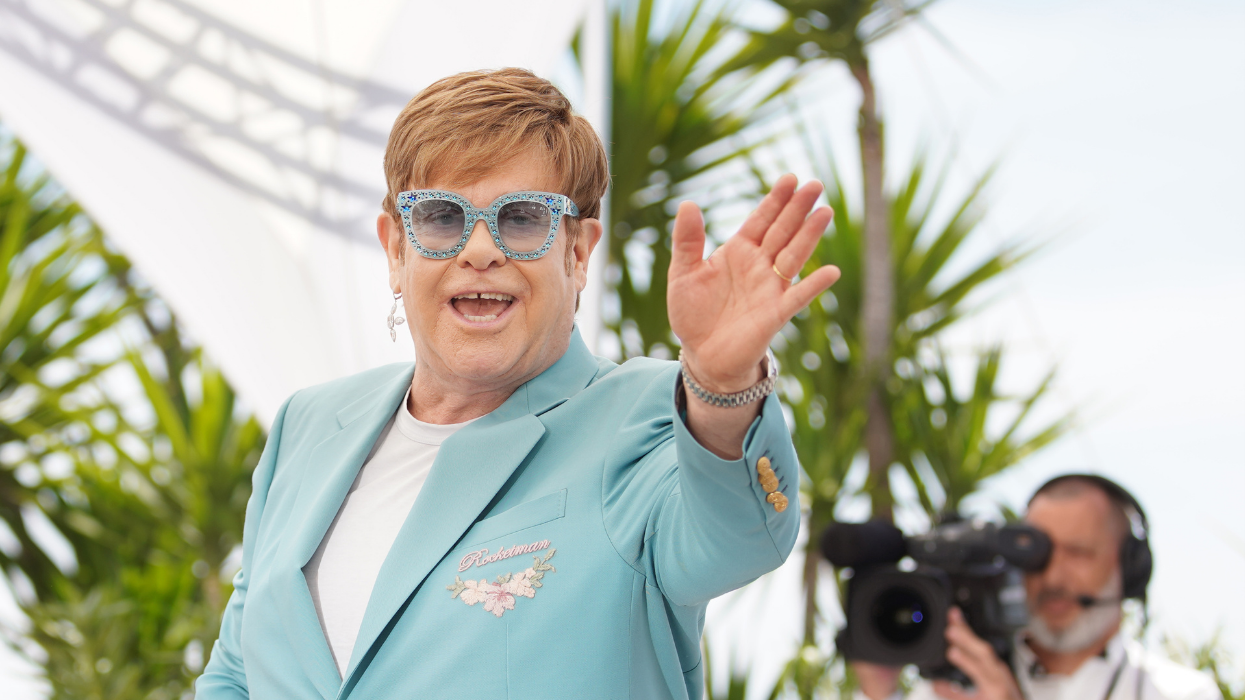
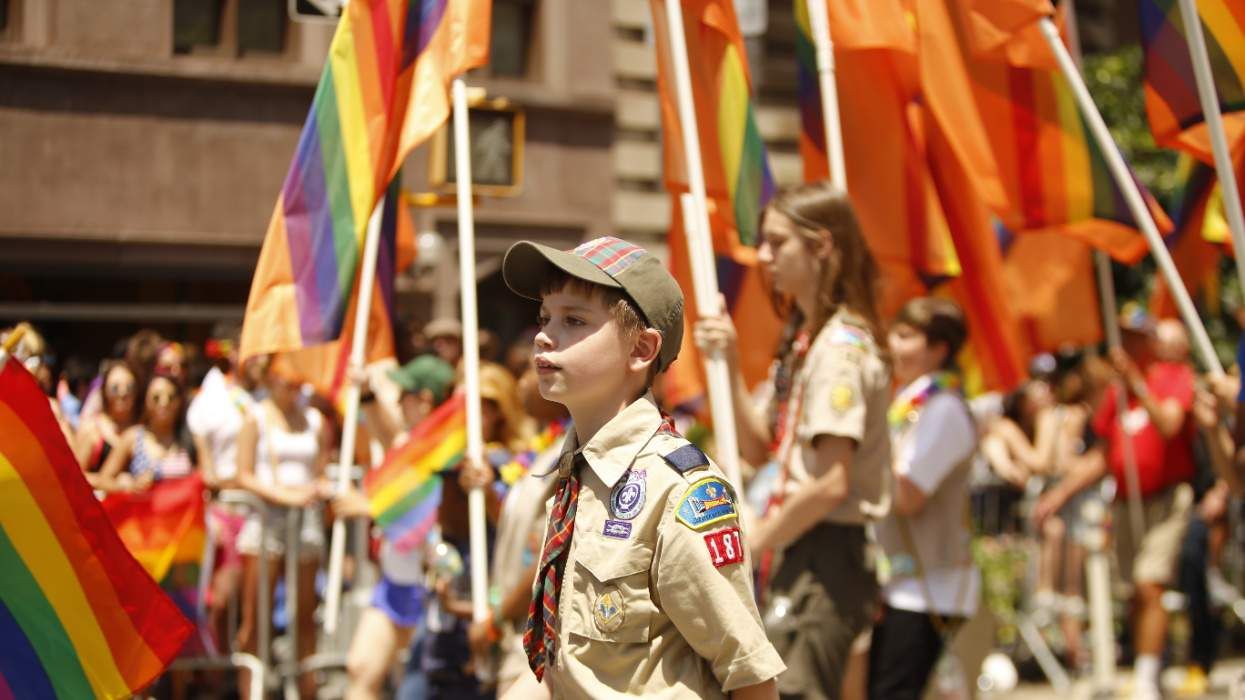
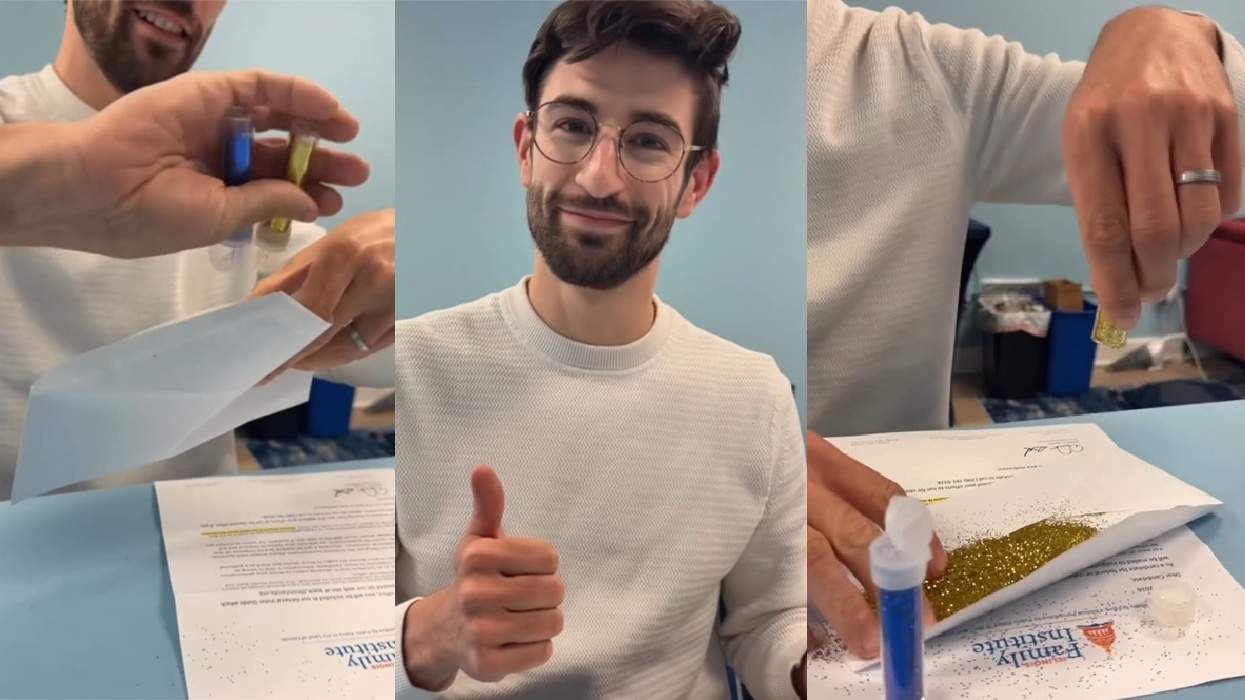




















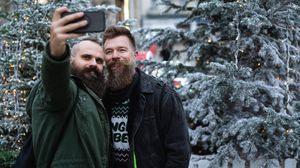

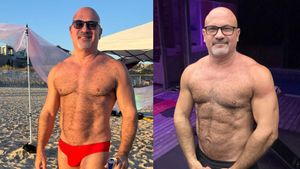

















Charlie Kirk DID say stoning gay people was the 'perfect law' — and these other heinous quotes